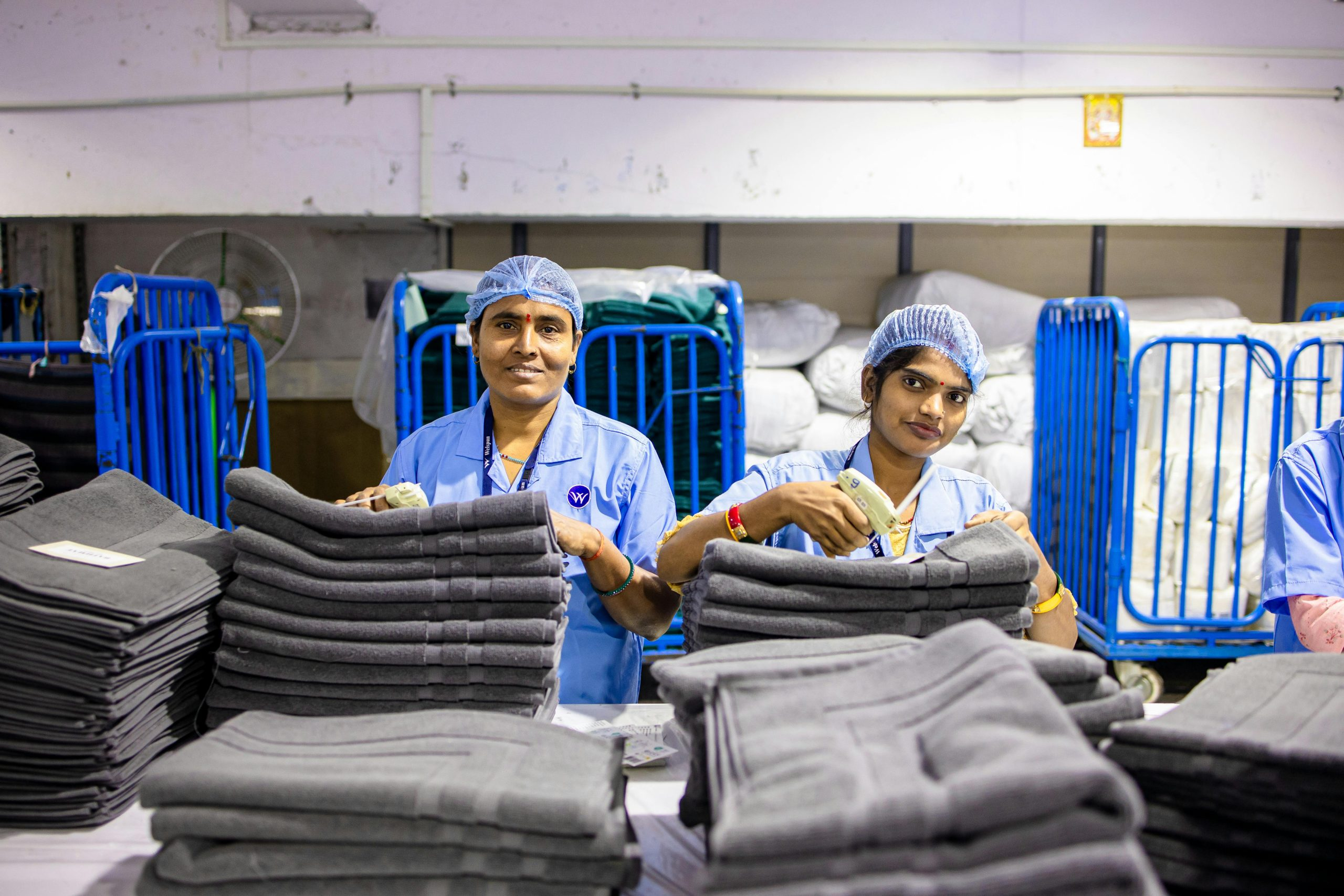Global Supply Chain Shifts: How Geopolitics Impacts Appliance Prices
In today’s interconnected global economy, supply chain management has become a critical aspect of business success. Companies must navigate an ever-changing landscape of geopolitical factors that impact their supply chains, including trade policies, tariffs, and political instability. One industry that has been particularly affected by these shifts is the appliance market. In this article, we will explore how global supply chain shifts, driven by geopolitical factors, have a direct impact on appliance prices.
The Changing Landscape of Global Supply Chains
Globalization has enabled companies to source materials and manufacture products in different parts of the world, creating complex supply chains that span across multiple countries. However, this interconnectedness also means that shifts in one part of the world can have a ripple effect on supply chains globally. In recent years, we have seen significant changes in global supply chains due to geopolitical factors, such as trade tensions between major economies, changes in trade policies, and the rise of protectionism.
The Impact of Tariffs
Tariffs, or taxes on imported goods, have been a hotly debated topic in global trade for decades. In recent years, we have seen a surge of new tariffs, particularly between the two largest economies in the world – the United States and China. These trade tensions have led to retaliatory measures, with both countries imposing tariffs on each other’s goods. The result has been a significant disruption to global supply chains, as companies have had to pay higher prices for imported materials and components, or find alternative suppliers in other countries.
The appliance industry, which heavily relies on imported materials and components, has been significantly impacted by these tariffs. Many appliances, such as refrigerators, air conditioners, and washing machines, use steel and aluminum, which are both subject to tariffs by the United States. These additional costs have been passed on to consumers in the form of higher prices, making it more expensive to purchase these products.
Political Instability and Supply Chain Disruptions
Political instability is another factor that can have a direct impact on supply chains, particularly in developing countries. A prime example of this is the current political crisis in Venezuela. The oil-rich country has been experiencing economic turmoil for years, with hyperinflation and shortages of basic goods. This instability has disrupted supply chains for companies that manufacture or source materials from Venezuela, leading to product shortages and higher prices for consumers.
Another example is the ongoing trade tensions between Japan and South Korea. In 2019, Japan imposed export restrictions on key materials used in the production of semiconductors and display screens, which are crucial components for appliances such as smartphones and TVs. This move has caused disruptions in the global supply chain, with Korean appliance manufacturers facing higher costs and delays in production.
The Impact on Appliance Prices
The changes in global supply chains due to geopolitical factors have had a direct impact on appliance prices. As mentioned earlier, the tariffs imposed by the United States and China have led to higher costs for imported materials and components, resulting in higher prices for appliances. This has put a strain on both manufacturers and consumers, as companies have to absorb these additional costs or pass them on to customers.
In addition, the disruptions and shortages caused by political instability in key countries have also led to supply shortages, pushing up prices for appliances. The lack of competition and alternative suppliers in these situations gives companies the power to increase prices, knowing that consumers have limited options.
Adapting to the Changing Supply Chain Landscape
As geopolitical factors continue to impact global supply chains, companies must have a solid strategy in place to adapt to these changes. One solution is to diversify sourcing and production, reducing reliance on a single country or supplier. While this may incur higher costs initially, it can mitigate the risks of disruptions and shortages in the future.
Another approach is to focus on innovation and technology, which can help reduce reliance on imported materials and components. This can also create a competitive advantage for companies in the long run, as they can develop more efficient and cost-effective production processes.
The Bottom Line
In conclusion, geopolitical factors have a direct impact on global supply chains, and ultimately, on appliance prices. In today’s ever-changing business landscape, companies must be prepared to navigate these shifts and adapt their strategies to remain competitive. As consumers, it’s essential to be aware of these factors and their influence on prices, and to make informed decisions when purchasing appliances.











